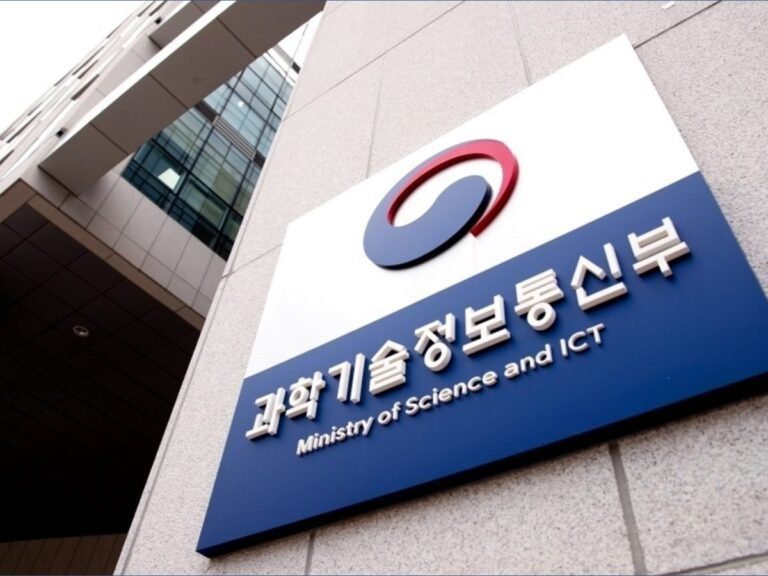Incremental Tax Credits: A Strategic Move to Enhance R&D and Support SME Growth In a significant development aimed at bolstering research and development (R&D) while addressing the challenges faced by small and medium-sized enterprises (SMEs), incremental tax credits have been introduced. Ryu Gwangjun, the head of the Office of Science and Technology Innovation at the Ministry of Science and ICT, recently chaired the ‘7th State R&D Business Evaluation Committee for 2024’, where six government R&D projects received preliminary feasibility study exemptions.
Starting next year, the criteria for dedicated research personnel required to apply for R&D tax credits will be relaxed, and the range of eligible expenses will be broadened. The government’s publication, ‘Changes from 2025’, outlines these enhancements. Previously, income tax credits were only applicable to personnel involved in national strategic technologies, new growth source technologies, and general R&D.
Moving forward, businesses will be able to claim income tax credits for the time allocated to national strategic and new growth source technologies, based on how each research activity is divided. Moreover, in a welcome change, rental fees for R&D facilities, which were traditionally limited to general research activities, will now qualify for tax credits in the context of national strategic and new growth source technology R&D. This adjustment is anticipated to significantly ease the financial burden that corporations face regarding R&D expenses.
A phased structure for tax credits related to R&D and investment is also set to be implemented. This strategic measure is designed to mitigate the reduction of tax credits typically associated with the growth of small and medium-sized enterprises. Analysts suggest that by curtailing the rate decrease of tax credits as enterprises expand, this initiative could help prevent what has been termed ‘Peter Pan syndrome,’ where companies become hesitant to grow in order to maintain eligibility for such benefits.
These reforms signify the government’s commitment to nurturing innovation and supporting the growth of SMEs, ensuring they remain competitive and thrive in an ever-evolving economic landscape.



